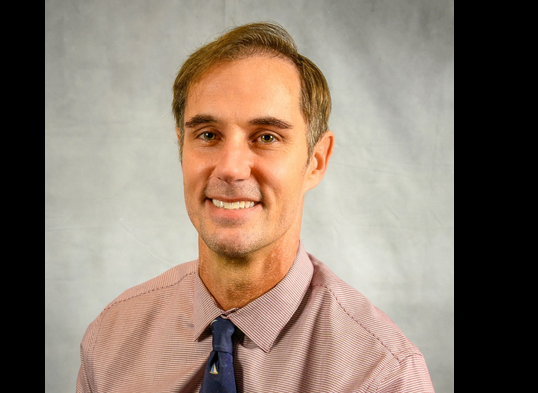Dr Kent Reifschneider: Distinct Worlds of Pediatric Endocrinologists and General Pediatricians
In pediatric healthcare, numerous specialists dot the landscape. Among them, pediatric endocrinologists and general pediatricians often cross paths, but their roles, while complementary, involve distinctly different focuses. Dr Kent Reifschneider will discuss what sets these two kinds of practitioners apart.
Specialist vs. Diverse Care: Scope of Practice
General Pediatrician: The Broad-based Custodian
At the forefront of a child’s healthcare journey stands the general pediatrician, a medical practitioner who offers a broad spectrum of care – from routine wellness visits and vaccinations to the diagnosis and management of common illnesses.
General pediatricians are trained to monitor a child’s physical, mental, and emotional development, providing preventive care and managing overall wellness throughout infancy, childhood, and adolescence.
Pediatric Endocrinologist: The Hormone Whisperer
Unlike general pediatricians, pediatric endocrinologists delve into the complexities of the endocrine system in children.
Their focus narrows to a highly specialized area, diagnosing and managing conditions related to growth, Dr Kent Reifschneider puberty, diabetes, and the function of glands such as the thyroid, adrenal, and pituitary. They intervene when hormonal imbalances put a child’s health at risk, coming up with treatment plans to restore equilibrium.
Training Trajectories: The Path to Expertise
Pediatric endocrinologists undergo the same initial training path as general pediatricians, but their journey forks after completing a pediatrics residency.
They then complete a multi-year fellowship in pediatric endocrinology, which involves intensive study and clinical experience in this advanced subspecialty. This further training enables them to diagnose and manage complex endocrine disorders.
The Collaboration Bridge: Working Together
General pediatricians play a vital role in identifying signs that might point to an endocrine disorder – growth problems, puberty issues, or symptoms indicative of diabetes. When such cases arise, they connect families with a pediatric endocrinologist for a more in-depth evaluation.
Conversely, pediatric endocrinologists work closely with general pediatricians, sharing insights and Dr Kent Reifschneider recommendations that help ensure cohesive, comprehensive care. They function as a team, with each playing their specified roles.
